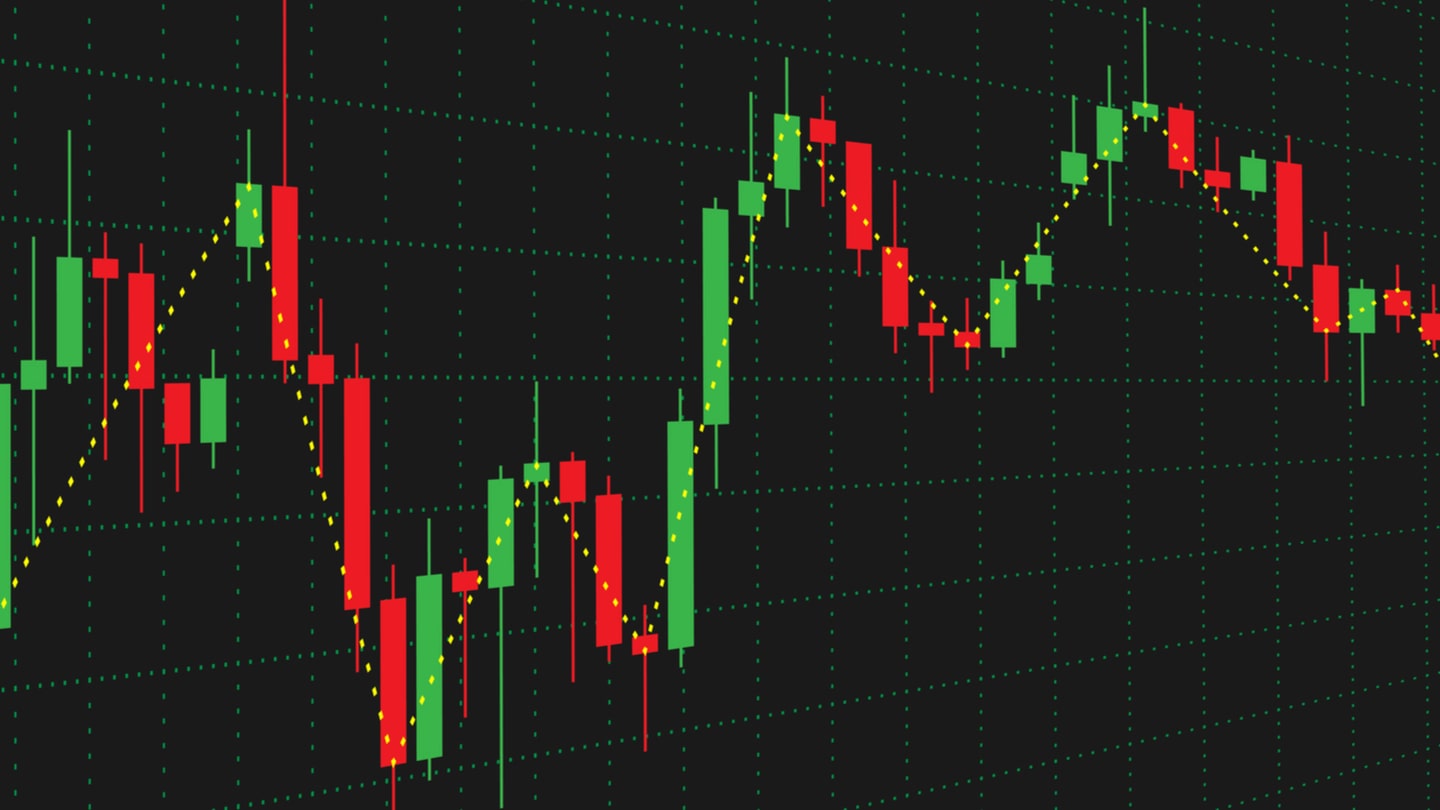
ConsenSys rolls scaling network Linea, which delivered faster throughput and 15 times lower transaction costs than Ethereum’s layer 1.
The Ethereum ecosystem welcomes another layer-2 scaling solution as ConsenSys begins onboarding partners to its Linea network, which has produced significant scaling milestones in testing.
Linea is an Ethereum layer-2 scaling network that allows developers to build or migrate decentralized applications for Ethereum. It operates using zero-knowledge proofs and is Ethereum Virtual Machine (EVM) equivalent, meaning its applications can seamlessly interact with the Ethereum blockchain.
The network went through a lengthy testnet period which saw some 5.5 million unique wallets carry out over 46 million transactions. ConsenSys outlined improvements to Linea’s performance, transaction costs and user experience through its testing period.
The gradual alpha release began on July 11 with more than 100 partners and ConsenSys touts faster throughput and 15 times lower transaction fees than those executed on Ethereum’s mainnet.
Linea also integrates with ConsenSys’ Ethereum browser wallet MetaMask, giving Linea users access to its token bridge, swap and buy functionality.
ConsenSys founder and CEO Joseph Lubin highlighted the number of layer 2 Ethereum scaling protocols and solutions as a key component driving the development of Web3 applications and functionality:
“With the Merge to Proof of Stake and the broad traction of the rollup-centric roadmap, Ethereum L2s are set to play a crucial role in making great advances in scalability and usability.”
The announcement shared with Cointelegraph highlights decentralized finance (DeFi) applications migrating to Linea to tap into fast finality, capital efficient bridge and inherited security from Ethereum’s mainnet.
Meanwhile the network also offers lower gas fees, high throughput and low latency, which are key components needed to power nonfungible tokens, blockchain gaming and social applications.
Related: Are ZK-proofs the answer to Bitcoin’s Ordinal and BRC-20 problem?
ConsenSys also launched its Linea Ecosystem Investment Alliance (EIA), which will see more than 30 venture capital firms lend capital and advisory assistance to ecosystem builders.
The launch of Linea’s alpha mainnet will make use of safeguards to protect users, DApps and the network itself. This includes only allowing launch partners the execute calls to the network over the first week.
ConsenSys intends to open up the network during ETHCC in France from July 17, while some limits on withdrawals may be instituted over the first 90 days. The firm will carry out a bug bounty and monitor system performance before fully opening LIna to end users.
Ethereum layer 2’s have been a major talking point in 2023. Layer 2 development firm Polygon also tooks its zkEVM network public in March 2023. Meanwhile Starknet, whose founder Eli Ben-Sasson pioneered zk-proofs, has focused on increasing throughput of its network this year.
Collect this article as an NFT to preserve this moment in history and show your support for independent journalism in the crypto space.
Magazine: ZK-rollups are ‘the endgame’ for scaling blockchains: Polygon Miden founder







